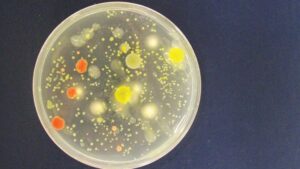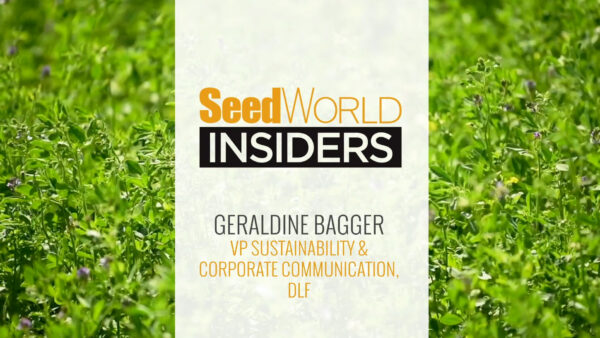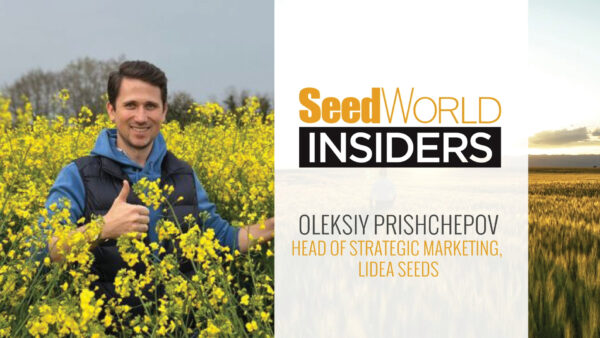The Bill & Melinda Gates Foundation has awarded AgBiome a new multi-year grant for “Broad-Spectrum Biological Control of Fungal Diseases,” which will fund the evaluation and development of lead, proprietary biological fungicides in the fields of African smallholder farmers. The aim of the project is to identify and validate biological fungicides to control one or more of three major crop diseases of importance in sub-Sahara Africa: sorghum anthracnose, black Sigatoka in banana, and aflatoxin contamination in maize.
“We are delighted to work with the Gates Foundation on this important project, which aims to direct AgBiome’s deep expertise in biological disease control toward helping farmers in the poorest countries,” says Mathias Twizeyimana, a plant pathologist at AgBiome.
AgBiome’s proprietary Genesis discovery platform has identified multiple field-usable microbes that target foliar and root diseases of major row crops. The company plans to commercialize its first product, a biological fungicide branded Howler, pending regulatory approval by the Environmental Protection Agency.
“We have successfully developed a biological that controls a broad-spectrum of soil-borne and foliar diseases and demonstrates control levels as good as the best synthetic chemistry options,” says David Ingham, one of the research scientists leading the project. “Our experience from this first biopesticide combined with our very large collection of sequenced proprietary microbes uniquely positions us to identify lead strains with a high probability of controlling the diseases targeted in this proposal.”
Fungal diseases result in massive losses for African farmers yearly, and current available solutions are limited in their effectiveness or add significant, unrealistic costs of implementation. Biological control of these diseases is a promising solution in many areas, generally affording growers no risk of exposure to synthetic pesticides and potentially offering season-long control through inoculation of host plants.
Moreover, unlike synthetic fungicides, biologicals could be produced and distributed locally, thus bringing sustainable solutions to smallholder farmers to address these devastating diseases. Control of these diseases would directly impact subsistence farming households who experience high annual losses to these pests by increasing yield for both on-farm consumption and the sale of excess harvest, hence improving household income.













